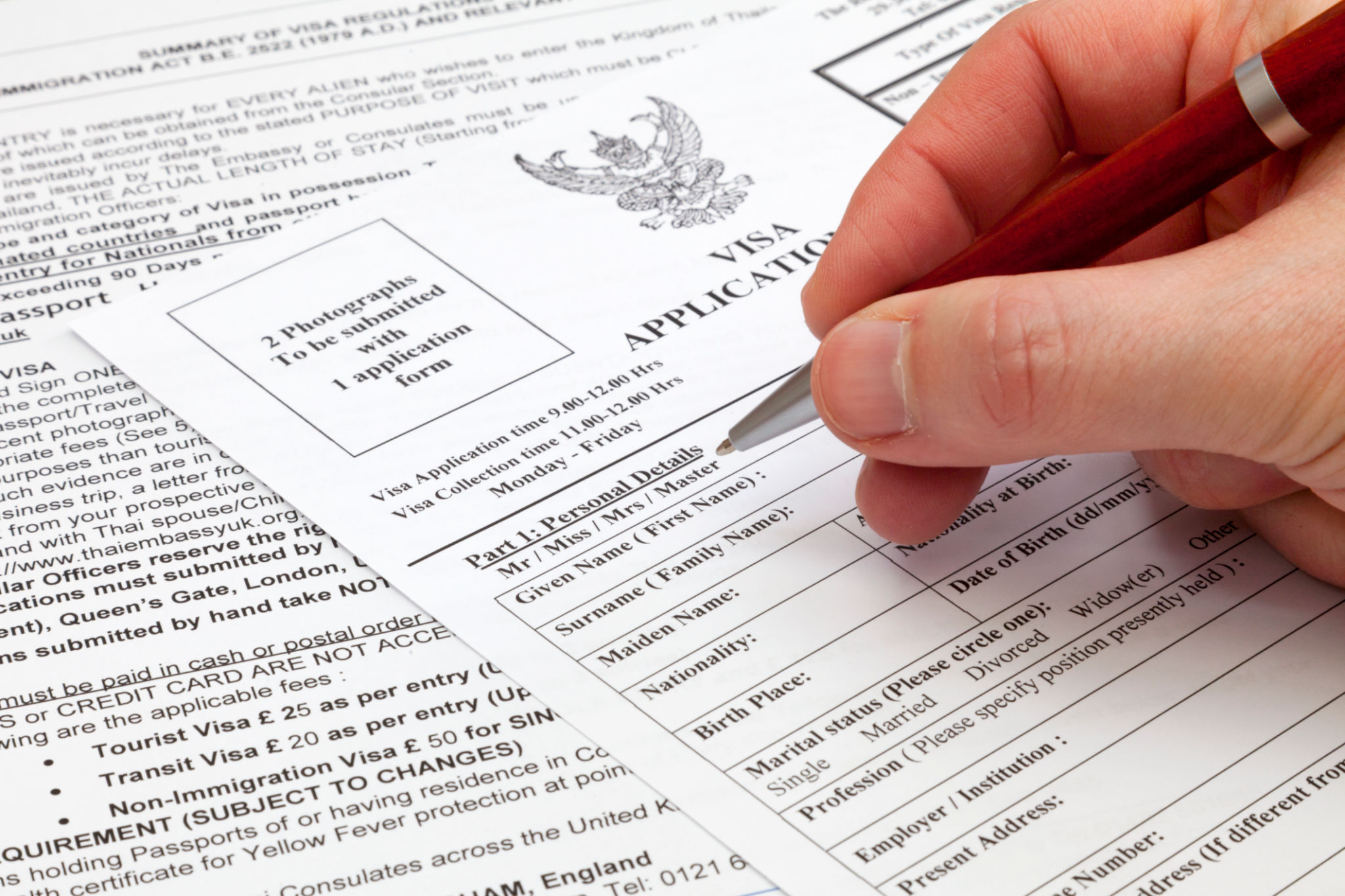Avoiding Overstay in Thailand: Tips and Consequences
Understanding Thailand's Visa Regulations
Thailand is a beautiful country known for its rich culture, stunning landscapes, and warm hospitality. However, if you're planning a trip, it's essential to understand the visa regulations to avoid overstaying, which can lead to penalties. Depending on your nationality, you might be eligible for a visa exemption that allows a stay of 30 days or less. For longer visits, you need to apply for a tourist visa.
Tourist visas typically allow stays of up to 60 days, with the possibility of a 30-day extension. It's crucial to know the exact duration permitted by your visa and plan your departure accordingly to avoid complications.

Consequences of Overstaying
Overstaying your visa in Thailand can lead to serious repercussions. Initially, you may face daily fines of 500 baht, capped at 20,000 baht. Beyond financial penalties, overstaying can also result in being blacklisted from entering Thailand for a period ranging from 1 to 10 years, depending on the length of your overstay.
The Thai authorities take immigration regulations very seriously, and being detained for overstaying is a real possibility. It's vital to address any issues before your visa expires to avoid these severe outcomes.

Checking and Extending Your Stay
To ensure you do not overstay, regularly check the stamp in your passport that indicates your last day of permitted stay. If you wish to stay longer, visit an immigration office for an extension before your current visa expires. Be prepared with necessary documents such as your passport, a completed application form, and a recent photograph. An extension typically costs around 1,900 baht.
Planning ahead and taking proactive measures can save you from the stress and consequences of overstaying. Keep track of important dates and set reminders if necessary.
Utilizing Visa Runs
Another option to extend your stay without overstaying is by doing a "visa run." This involves leaving Thailand and re-entering to reset your visa duration. However, be aware that frequent visa runs can raise red flags with immigration officers and are not guaranteed to be successful every time.

It's advisable to use visa runs sparingly and only when necessary. Always research the latest regulations, as policies can change frequently.
Staying Informed on Policy Changes
Laws and regulations regarding visas can change. It's essential to stay informed by checking official government websites or consulting with immigration experts. This proactive approach will help you enjoy your time in Thailand without any legal issues.
Being aware and prepared ensures that your journey in Thailand remains enjoyable and trouble-free. By respecting the country's laws and regulations, you contribute positively to your travel experience.